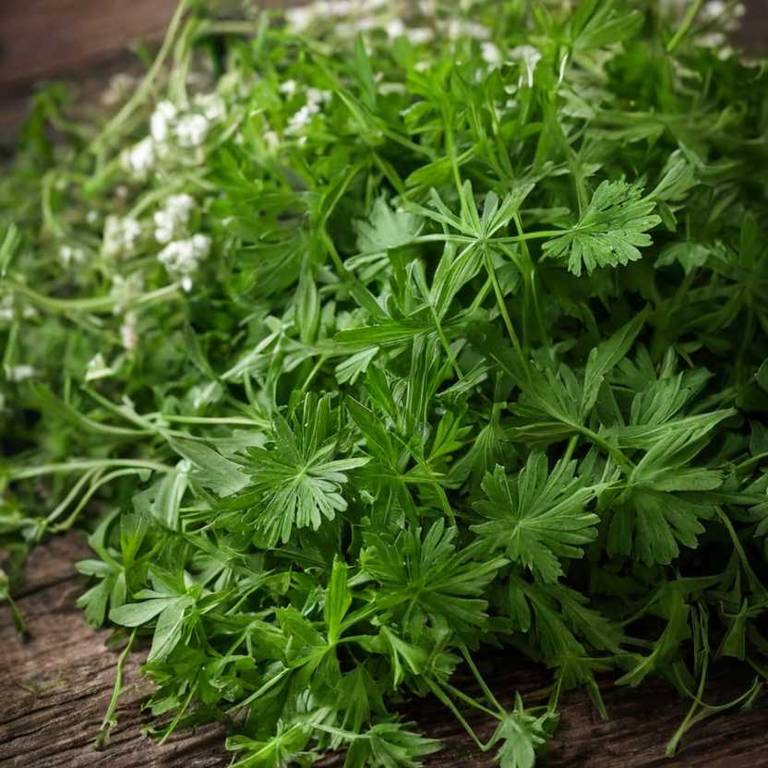Anise (Pimpinella anisum)
Anise (Pimpinella anisum) is a member of the Apiaceae family, native to Middle East, Southwest Asia, and Central Asia. Traditionally, its seeds, fruits, and leaves have been used for infusions, powders, and culinary uses.
This herb is particularly valued for its carminative, antispasmodic, and expectorant actions, and has a long history of use in european herbal medicine, mediterranean herbal traditions, and ayurvedic medicine.

Quick Facts / Key Information
| Common Name | Anise |
|---|---|
| Scientific Name | Pimpinella anisum |
| Plant Family | Apiaceae |
| Genus | Pimpinella |
| Species | anisum |
| Native Range | Middle East, Southwest Asia, Central Asia |
| Plant Parts Used | Seeds, Fruits, Leaves |
| Primary Medicinal Actions | Carminative, Antispasmodic, Expectorant |
| Primary Traditional Systems | European Herbal Medicine, Mediterranean Herbal Traditions, Ayurvedic Medicine |
| Historical Preparation Methods | Infusion, Powder, Culinary Use |
Botanical Identity
- Scientific Name
- Pimpinella anisum
- Common Name
- Anise
- Synonyms / Alternative Names
- Star Anise, Pimpinella Anise, Persian Anise
- Plant Family
- Apiaceae
- Genus
- Pimpinella
Botanical Description
- Growth Habit
- Annual herbaceous plant.
- Height
- It typically grows to a height of 30 to 60 centimeters.
- Leaves
- Ovate leaves with a single stomatal band on the lower surface and a lighter green upper surface.
- Flowers
- Small, white flowers arranged in umbels, actinomorphic, with five ovate petals and four stamens, having a distinctive pinnate leaf structure and a single pistil with a lobed stigma.
- Stems
- Erect growth habit, opposite branching, glabrous surface, ridged and angular cross-section.
Traditional Uses / Historical Use
Traditional Systems
- European Herbal Medicine
- Mediterranean Herbal Traditions
- Ayurvedic Medicine
Historical Preparation Methods
- Infusion
- Powder
- Culinary Use
- Decoction
Medicinal Actions
- Carminative
- In herbal literature, noted as a mild carminative, for digestive process support.
- Antispasmodic
- Traditionally described as a calming antispasmodic, in spasm-related situations.
- Expectorant
- Commonly referenced as a moderate expectorant, for airway-related applications.
- Tonic
- Historically regarded as a soothing tonic, for foundational support.
Active Compounds
- Essential Oil
- Volatile plant-derived substances commonly present in leaves and flowers.
- Coumarin
- A group of secondary metabolites present in seeds, roots, and leaves.
- Phenolic Acid
- Organic acids commonly occurring as part of plant secondary metabolism.
- Flavonoid
- A group of naturally occurring compounds commonly present in many flowering plants.
Modern Research Overview
Scientific research related to this plant is ongoing. This section will be expanded in the future to include summaries of phytochemical studies, laboratory research, and other relevant scientific literature as it becomes available.
Safety & Contraindications
- General Precautions
- Some general precautions have been associated with the use of this herb.
- Contraindications
- Contraindications for this herb are not clearly established in available sources.
- Allergies
- Allergic reactions associated with this herb have not been well documented.
- Drug Interactions
- There is insufficient evidence to determine whether this herb interacts with pharmaceutical drugs.
- Toxicity
- Available information regarding the toxicity of this herb is limited.
- Pregnancy & Breastfeeding
- Information addressing pregnancy and breastfeeding-related safety for this herb is limited.
Preparation & Usage Methods
- Infusion
- Infusions are commonly prepared using hot water to release aromatic and soluble components.
- Decoction
- Plant material is simmered in water to extract compounds from tougher parts.
- Poultice
- Plant parts are crushed or moistened and placed directly on the body.
- Culinary Use
- This method integrates plant material into edible preparations.
- Capsule
- Capsules provide a standardized way to consume powdered plant material.
Growing, Harvesting & Storage
Growing / Cultivation
- Soil
- Prefers loamy soil with well-drained conditions. Typically grows best in organically rich soils.
- Sunlight
- Thrives in full sun. Tolerates full sun to partial shade.
- Watering
- Prefers well-balanced moisture levels. Tolerates periodic dry conditions.
Medical Disclaimer
The information provided on this page is for educational and informational purposes only. It is not intended to diagnose, treat, cure, or prevent any medical condition. Always consult a qualified healthcare professional before using any herb for medicinal purposes.